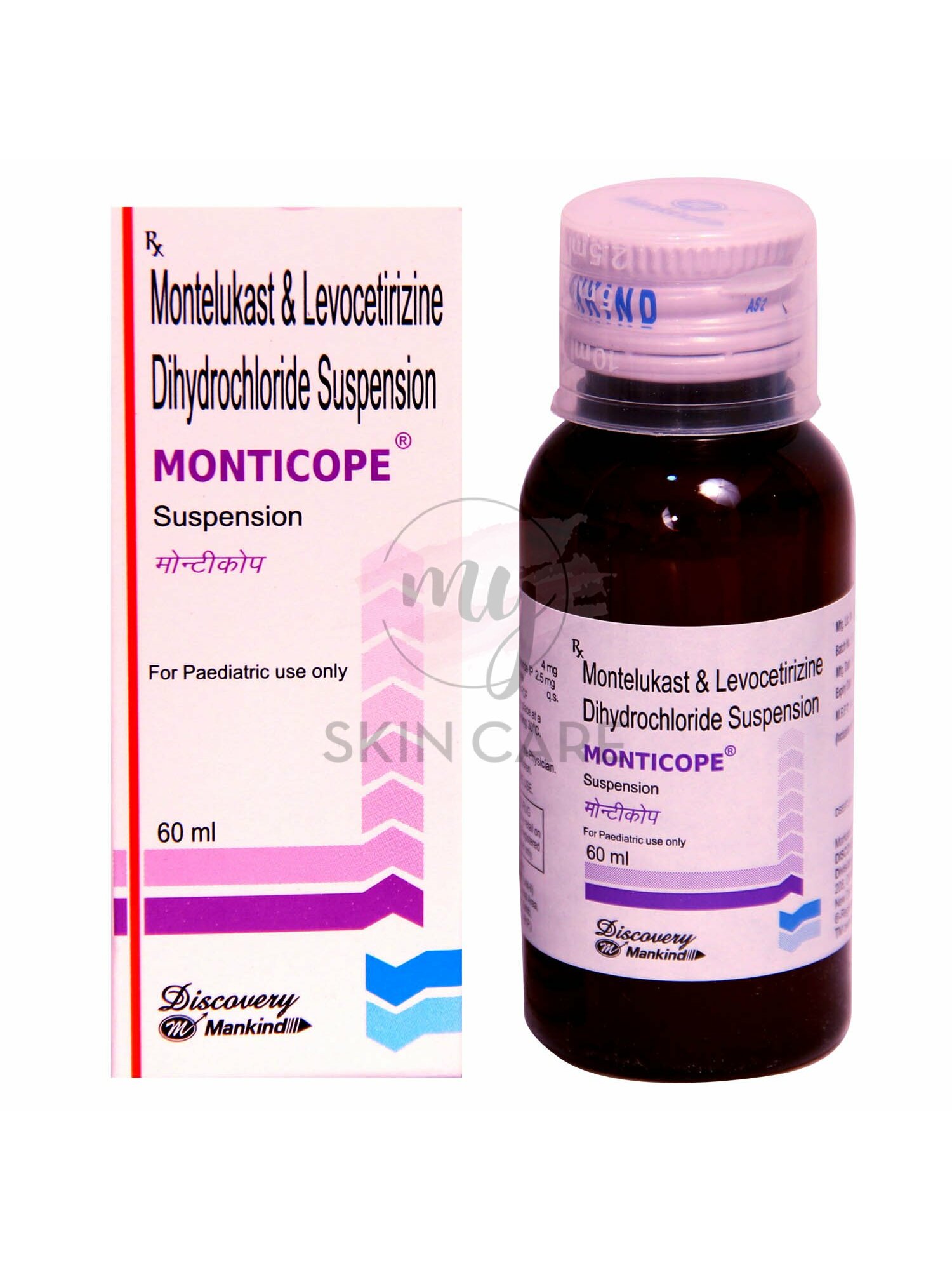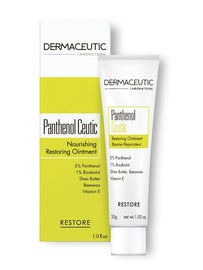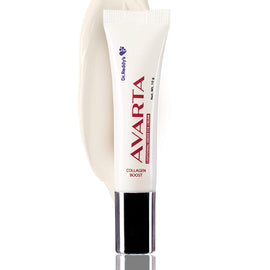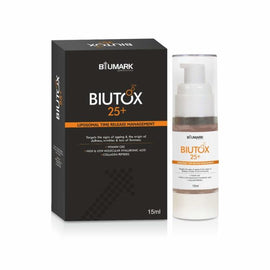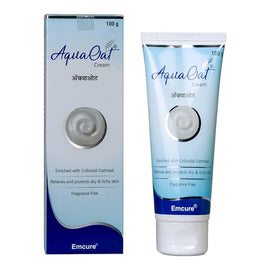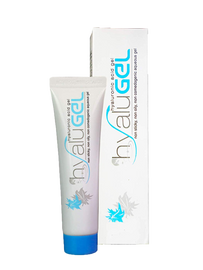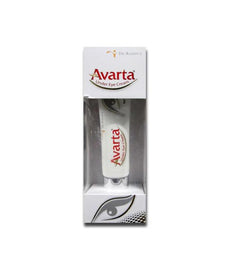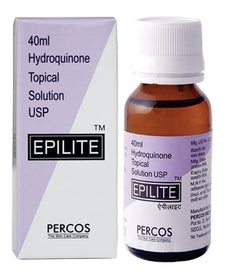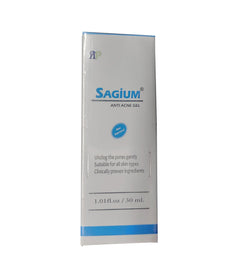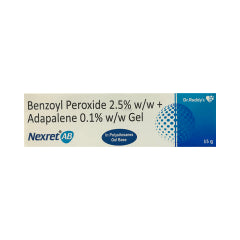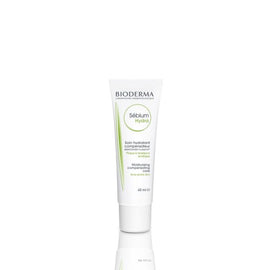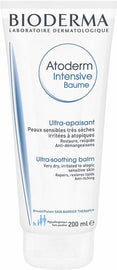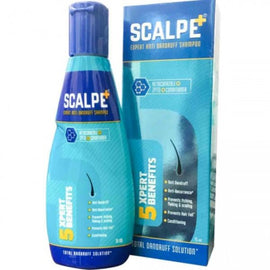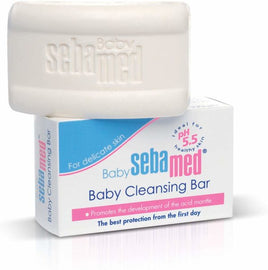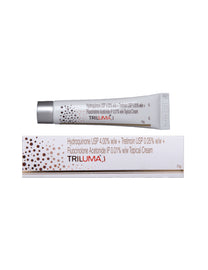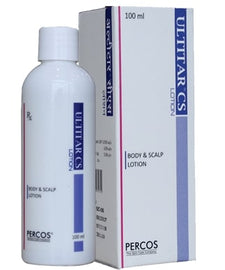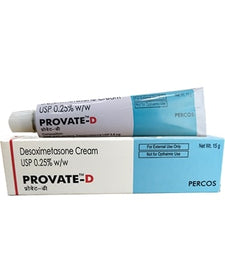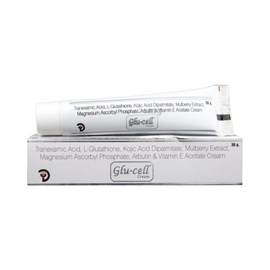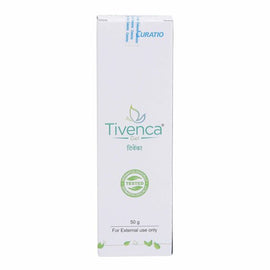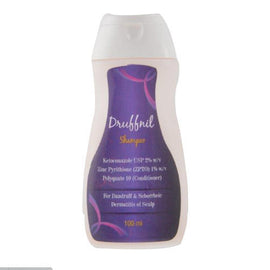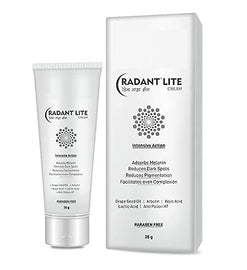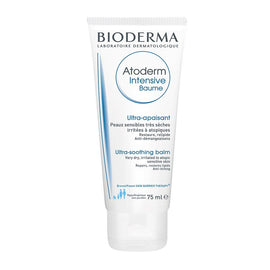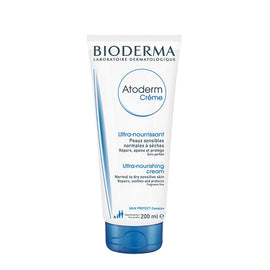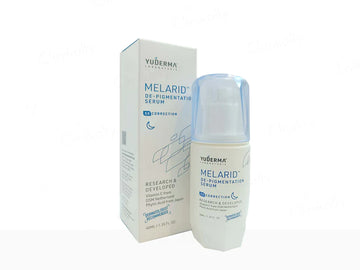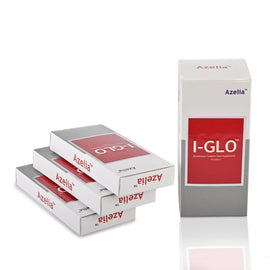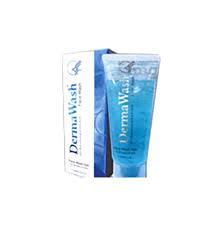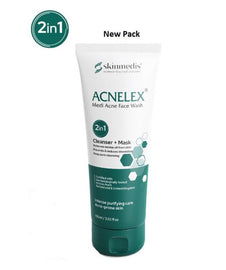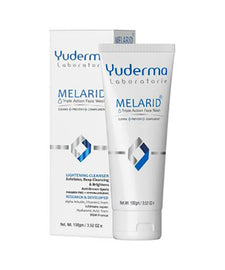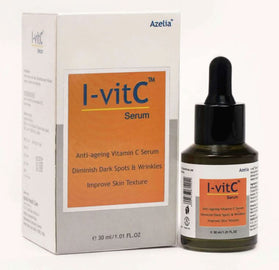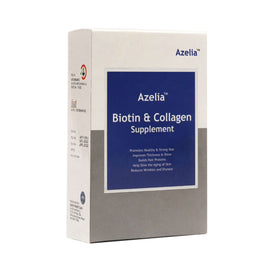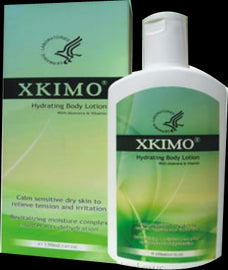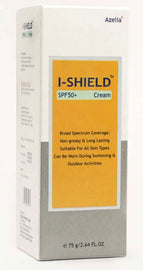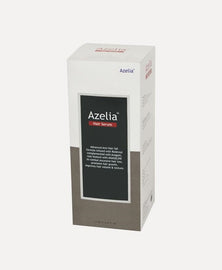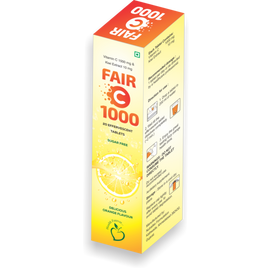Monticope Suspension is a combination medicine used in the treatment of allergic symptoms such as runny nose, stuffy nose, sneezing, itching, swelling, watery eyes and congestion or stuffiness. It also reduces inflammation in the airways and make breathing easier.
Monticope Suspension is taken with or without food in a dose and duration as advised by the doctor. The dose you are given will depend on your condition and how you respond to the medicine. You should keep taking this medicine for as long as your doctor recommends. If you stop treatment too early your symptoms may come back and your condition may worsen. Let your healthcare team know about all other medications you are taking as some may affect, or be affected by this medicine.
The most common side effects are nausea, diarrhea, vomiting, dryness in mouth, headache, skin rash, flu-like symptoms, and fatigue. Most of these are temporary and usually resolve with time. Contact your doctor straight away if you are at all concerned about any of these side effects. This medicine may cause dizziness and sleepiness, so do not drive or do anything that requires mental focus until you know how this medicine affects you. Avoid drinking alcohol while taking this medicine as it can worsen your sleepiness.
Never support self-medication or recommend your medicine to another person. It is beneficial to have plenty of fluids while taking this medication. Before you start taking this medicine it is important to inform your doctor if you are suffering from kidney disease.
USES OF MONTICOPE ORAL SUSPENSION
Sneezing and runny nose due to allergies
Hay fever
Allergic skin conditions
SIDE EFFECTS OF MONTICOPE ORAL SUSPENSION
Common
Diarrhea
Dryness in mouth
Fatigue
Headache
Nausea
Skin rash
Sleepiness
Vomiting
HOW TO COPE WITH SIDE EFFECTS?
The occurrence of side effects varies from person to person. The following are a few ways of dealing with some of the common side effects. However, consult your doctor if these persist.
Coping with Diarrhea
Keep up your intake of fluids and electrolytes (sugars and salts) to avoid getting dehydrated. Eat less fiber (avoid raw fruits, fruit juice and vegetables). Talk to your doctor about possible medication to manage diarrhea. Ask about reducing the dosage of your drug or other suitable treatments.
Coping with Dryness in mouth
Keep a drink available that you can sip through the day. Rinse your mouth with warm salted water and chew sugarless gum or hard candy. Try breathing through your nose more often than your mouth. Avoid caffeinated beverages, smoking and alcohol because they can make your condition worse. Use lip balm if your lips are also dry. Try to avoid foods that are acidic (like lemons), spicy, salty or sugary. If this side effect bothers you or does not go away, talk to your doctor about artificial saliva products or other suitable treatments.
Coping with Headache
Make sure you rest and drink plenty of fluids. Rest in a quiet, dimly lit room. Do not sleep more than you normally would. Do not strain your eyes (for example by looking at a screen). Do not drink alcohol. Headaches are usually temporary and usually go away with time. But, if they last longer or get worse, ask your doctor to recommend a painkiller.
Coping with Nausea
You can help yourself by eating small, frequent meals rather than large ones and drinking plenty of fluids. Eat slowly. Avoid fatty, fried, spicy and very sweet foods. Eat cold or slightly warm food if the smell of cooked or cooking food makes you feel sick. Get plenty of fresh air. You could also try chewing ginger or drinking ginger tea. Eat bananas to replace potassium in your blood which can drop if you are sick (vomit). Use oral rehydration salts to replace vitamins and minerals lost through being sick. There are some medicines that can help you stop from feeling sick. Speak to your doctor if your condition does not improve.
Coping with Skin rash
There are many treatments for a wide range of skin problems. Avoid hot showers or baths because hot water can irritate the skin. Make sure to pat dry your skin after a bath or shower. Do not rub or scratch the affected area. Leave the skin exposed to the air as much as possible. Do not use perfumed soaps or deodorants. Water containing chlorine can make most skin problems worse, so avoid swimming. Avoid spicy foods, alcohol, tobacco smoke and caffeine as it may also make itching worse. Avoid excessive sun exposure. Always use sunscreen and protective clothing when outdoors. Moisturizers can be used regularly to soothe and hydrate the affected area. If it does not get better within a week, speak to a pharmacist or doctor.
Coping with Sleepiness
If the medicine is making you drowsy during the day, stop what you are doing and sit or lie down until you feel better. You can also consider taking a nap. Physical exercises such as walking may be helpful. Do not drink alcohol, as it will make you feel more tired. Avoid driving or operating heavy equipment when you are feeling drowsy. This problem usually goes away as your body gets used to the medicine. However, if it does not, ask your doctor if you can take your medicine at bedtime or whether the dose can be reduced.
Coping with Vomiting
You can help yourself by eating small, frequent meals rather than large ones and drinking plenty of fluids. Eat slowly. Avoid fatty, fried, spicy and very sweet foods. Eat cold or slightly warm food if the smell of cooked or cooking food makes you feel sick. Get plenty of fresh air. You could also try chewing ginger or drinking ginger tea. Eat bananas to replace potassium in your blood which can drop if you are sick (vomit). Use oral rehydration salts to replace vitamins and minerals lost through being sick. There are some medicines that can help you stop feeling sick. Speak to your doctor if your condition does not improve.
HOW TO USE MONTICOPE ORAL SUSPENSION
Take this medicine in the dose and duration as advised by your doctor. Check the label for directions before use. Measure it with a measuring cup and take it by mouth. Shake well before use. Monticope Suspension may be taken with or without food, but it is better to take it at a fixed time.
HOW MONTICOPE ORAL SUSPENSION WORKS
Monticope Suspension is a combination of two medicines: Levocetirizine and Montelukast, which relieves sneezing and runny nose due to allergies. Levocetirizine is an antiallergic which blocks a chemical messenger (histamine) responsible for runny nose, watery eyes and sneezing. Montelukast is a leukotriene antagonist. It works by blocking another chemical messenger (leukotriene). This reduces inflammation (swelling) in the airways and nose, and improves symptoms.
SAFETY ADVICE
warnings
Alcohol
CAUTION
Caution is advised when consuming alcohol with Monticope Suspension. Please consult your doctor.
warnings
Pregnancy
SAFE IF PRESCRIBED
Monticope Suspension is generally considered safe to use during pregnancy. Animal studies have shown low or no adverse effects to the developing baby; however, there are limited human studies.
warnings
Breastfeeding
SAFE IF PRESCRIBED
Monticope Suspension is probably safe to use during breastfeeding. Limited human data suggests that the drug does not represent any significant risk to the baby.
warnings
Driving
UNSAFE
Monticope Suspension may decrease alertness, affect your vision or make you feel sleepy and dizzy. Do not drive if these symptoms occur.
warnings
Kidney
CAUTION
Monticope Suspension should be used with caution in patients with kidney disease. Dose adjustment of Monticope Suspension may be needed. Please consult your doctor.
Use of Monticope Suspension is not recommended in patients with severe kidney disease.
warnings
Liver
CAUTION
Monticope Suspension should be used with caution in patients with severe liver disease. Dose adjustment of Monticope Suspension may be needed. Please consult your doctor.
Limited information is available on the use of Monticope Suspension in these patients. No dose adjustment is recommended in patients with mild to moderate liver disease.




